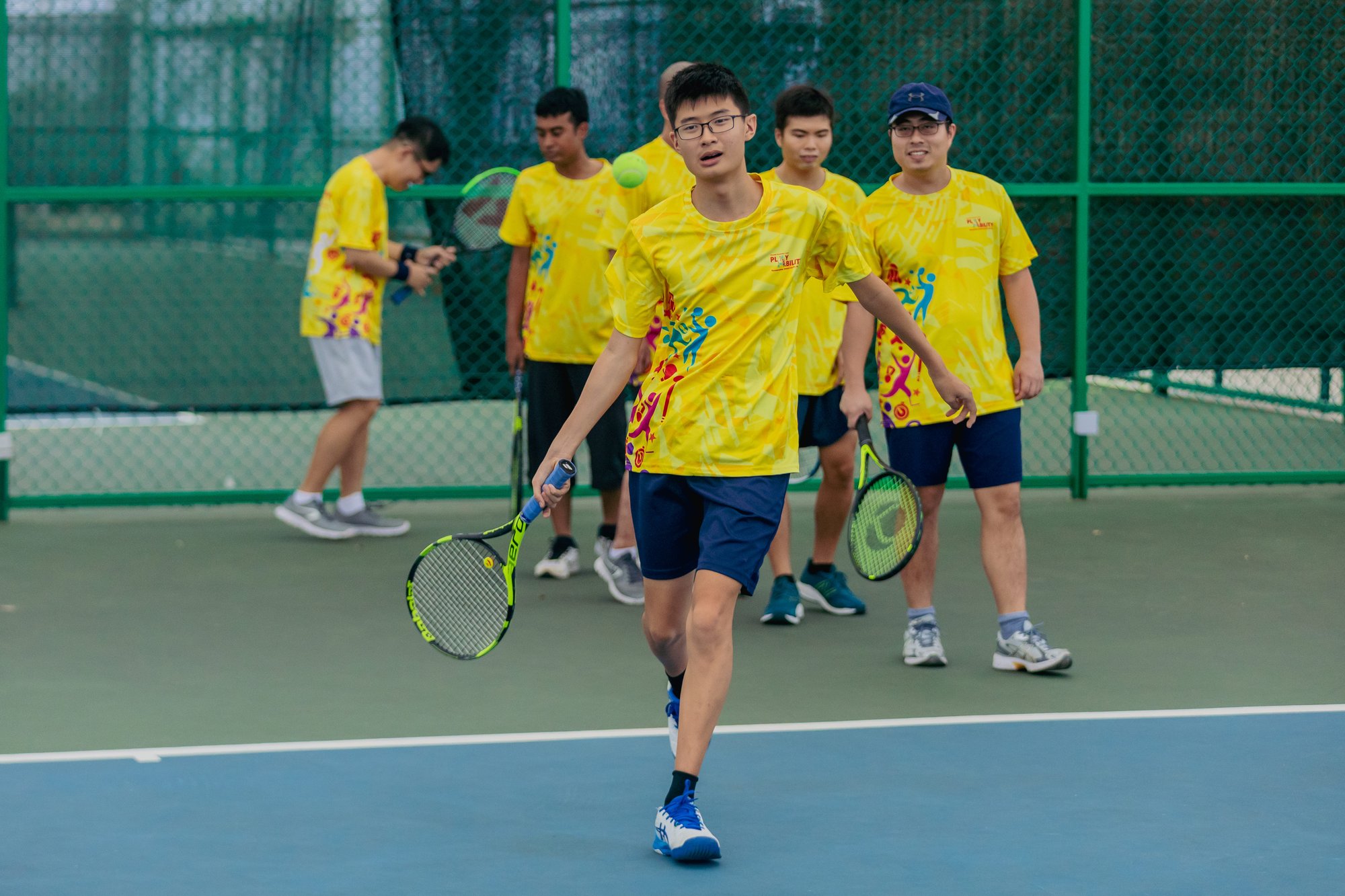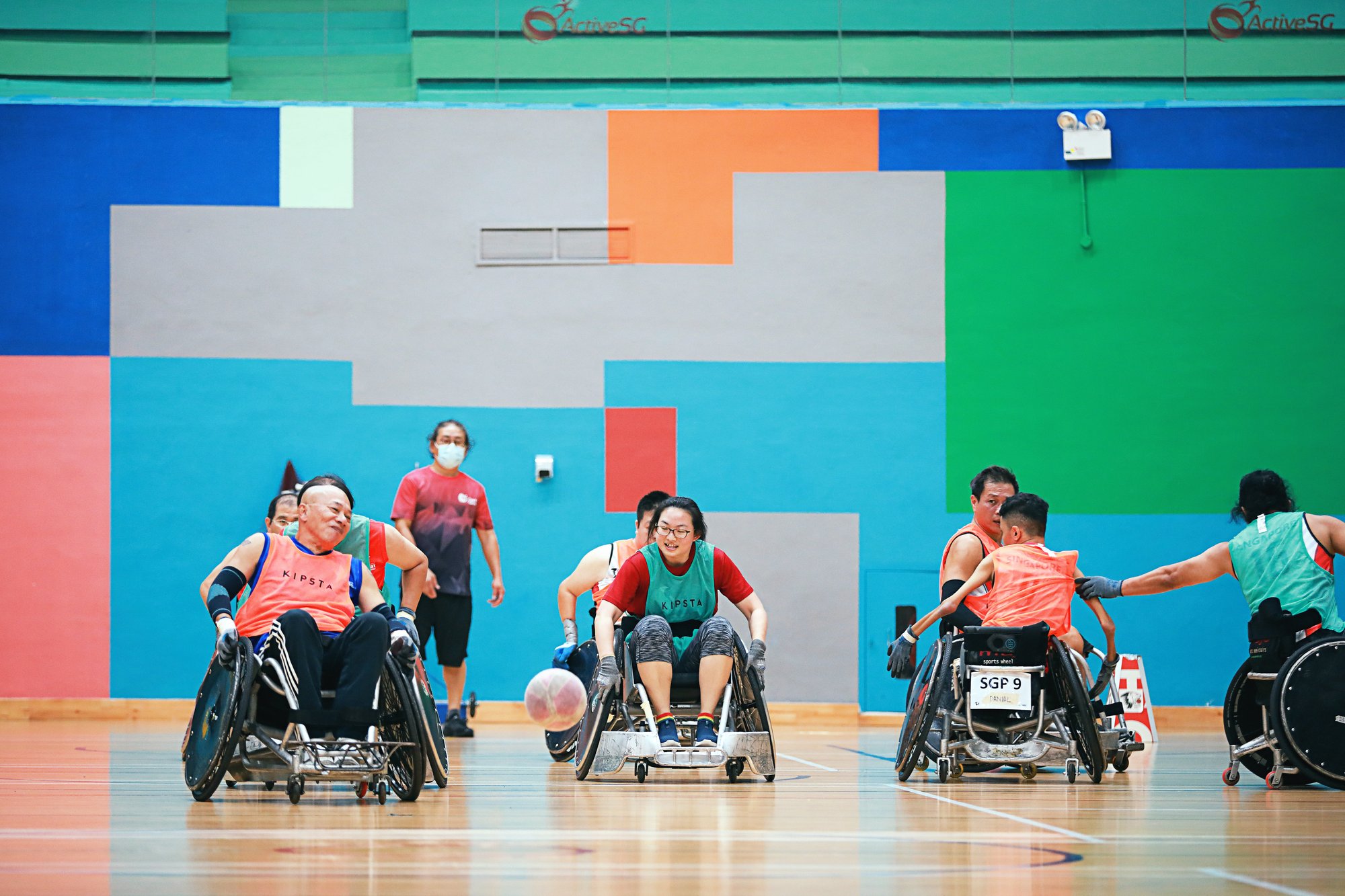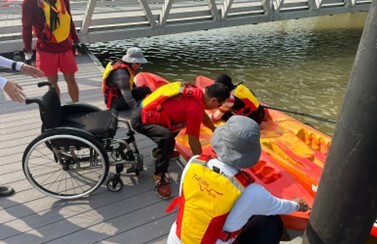Recreational Programmes
For persons with disabilities and special needs looking for opportunities to play and make social connections through sport.

Play-Ability
SportCares Play-Ability programme provides recreational sports opportunities for persons with disabilities and special needs, 18 and above, with limited access to structured sports programmes. Participants will have access to community sports facilities so they can socialise and stay active on a regular basis. Play-Ability classes commence when there is sufficient demand.
.png?width=869&height=919&name=SO_Intl_Mark__Center_2c-Grey%20(2).png)
Special Olympics Singapore
Special Olympics Singapore provides year-round sports training and athletic competitions in 9 Olympic-type sports for persons with intellectual disabilities.
.jpg?width=2000&name=Soundball%20male%20player%20prep%20to%20hit%20the%20ball%20(1).jpg)
Soundball
Blind Tennis, also known as Soundball – is a sport specially adapted to the needs of the blind and visually impaired. A game with rules similar to Tennis, it is played using special sponge tennis balls that rattle when bounced, so players can locate where the ball is based on their hearing. The bigger and higher contrast balls also allow players with limited vision to easily spot them.

Wheelchair Rugby
Wheelchair Rugby started in 1977 in Canada by quadriplegic athletes seeking an alternative to wheelchair basketball, catering to those who do not possess enough strength or mobility to shoot a basketball. Played between two teams of four each, wheelchair on wheelchair contact is a key part of the sport once known as “murderball”. Participants must have some loss of function in both upper and lower limbs. The wheelchairs are specially designed for extra strength, speed, stability and safety. Defensive chairs feature a “picker” to snag opponents, while offensive chairs have armoured wings to deflect hits.

PROJECT PURPLE RIPPLE
Project Purple Ripple, an initiative by PAssion Wave, seeks to promote bonding and education among individuals with disabilities (PWDs), youth and PMETs through inclusive water sports activities. This initiative offers beneficiaries the chance to learn the fundamentals of water sports as well as land sports like climbing and abseiling, aiming to enhance their confidence both in and out of water. Additionally, it provides a secure environment for beneficiaries to engage in share experiences with others.